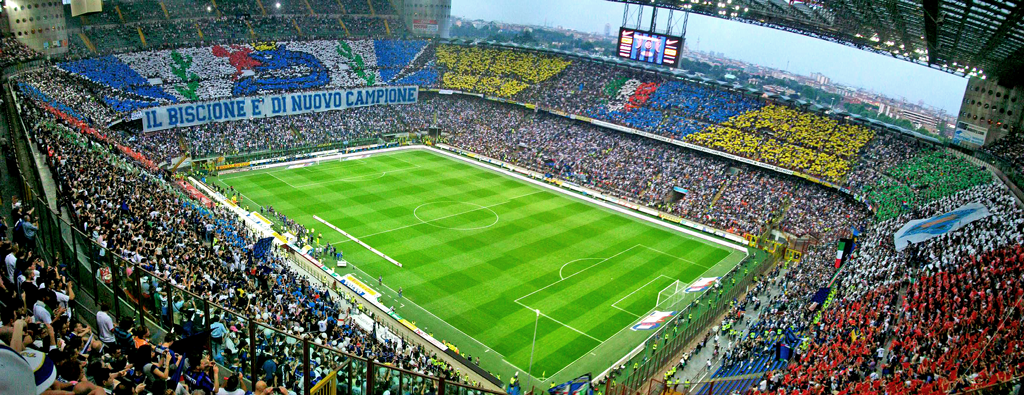By Nadine Moedt (The Cascade) – Email
Print Edition: June 4, 2014

The FIFA World Cup, with Brazil as the 2014 hosts, is the single most-watched sporting event in the world.
This year it will be followed closely by a UFV class — History/LAS 262, Latin American History: the National Experience — at the end of which students will be expected to write a paper on soccer in Latin American culture.
History instructor Geoffrey Spurling notes the course was originally a second-year survey of Latin American history from the 19th century to present. Working soccer into the syllabus wasn’t a stretch.
“It’s a way of exploring the issues in the culture related to race, class, and gender politics,” Spurling explained. “All of those can be done through soccer.”
As the World Cup approaches, there is no better time to dissect a culture and understand a history so entwined with the sport. Spurling provides his class with up-to-date news items, World Cup coverage, and an extensive bibliography on soccer in Latin America.
Despite Latin Americans’ love of the game, preparations for its premiere tournament have been met with some dissent.
“There have been huge protests against the World Cup, not against soccer but against the FIFA governing body and all the money that is being spent on these stadiums, as well as the displacement of poor people around the stadiums,” Spurling noted. “It has been quite controversial.”
The tensions in Brazil have come to head with violent riots; people from the favelas (the poor shanty towns) demand liveable wages and better schools. Al Jazeera notes that while the poor have been displaced and hushed, each World Cup game will cost Brazil around 62 million dollars. The global spotlight has made the fight all the more tense.
While the eve of the World Cup makes for an exciting time to be studying Latin Americans’ complicated relationship with soccer, Spurling says that soccer never really has an off-season. Between World Cups come the European cup, as well as annual Europa championships which are full of Latin American players.
“Soccer is always relevant from a Latin American perspective,” Spurling notes.
As to who Spurling hopes to see win the World Cup, any Latin American team will do.
While Brazil has won five World Cups and qualified for every tournament, the last time they hosted, in 1950, the team lost in front of 200,000 fans.
“It was a national tragedy,” Spurling says. “One Brazilian writer hyperbolically called it ‘Brazil’s Hiroshima.’
“It would be nice to see Brazil win again. I’d like to see a Latin American side win, but I kind of like [to cheer on] the underdog as well.”
Spurling plans to put on a screening of the documentary film The two Escobars open for UFV students Wednesday, June 11, the day before the World Cup begins. The documentary links soccer and the politics of drug trafficking in Columbia during the early ‘90s by tracking the “intertwining fates” of Pablo Escobar — a ruthless drug lord, billionaire, and soccer fan — and the captain of the Columbian soccer team.
“It shows the intertwining of politics and fates, and has been hailed as one of the best documentary films ever made about soccer,” Spurling says. “It draws things together, as soccer tends to do in Latin America.”

